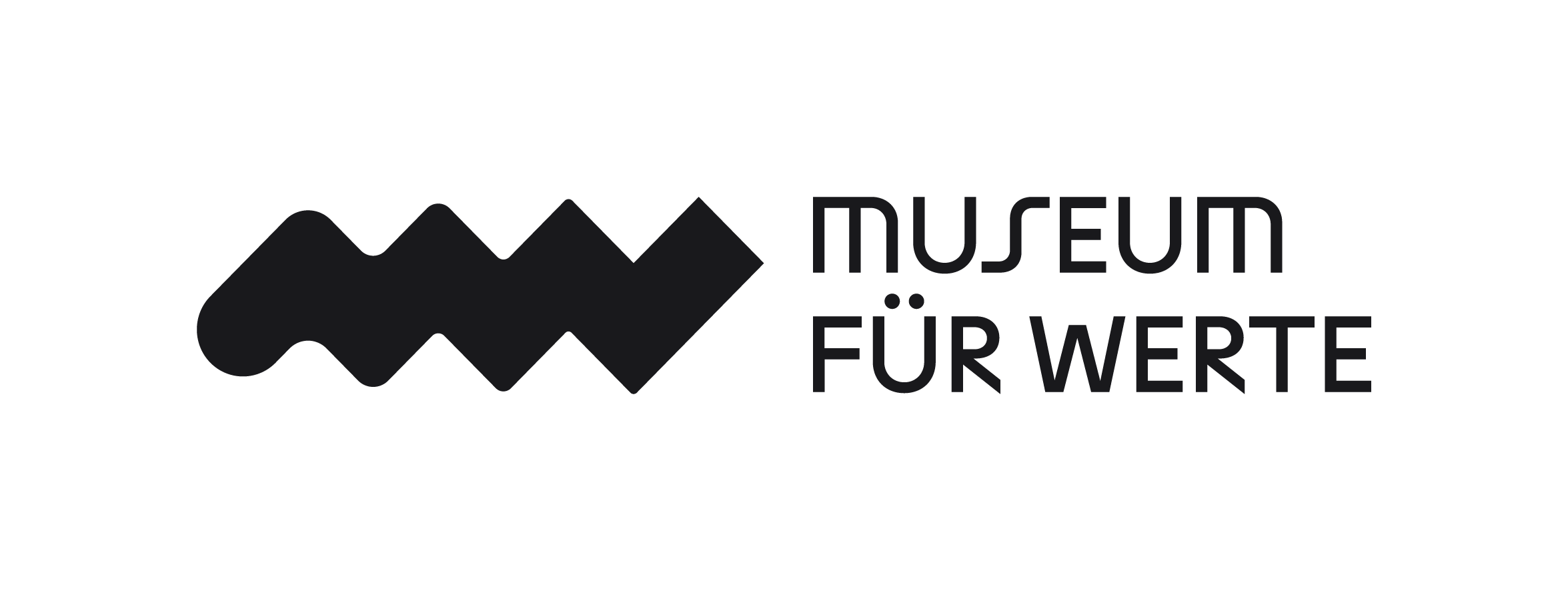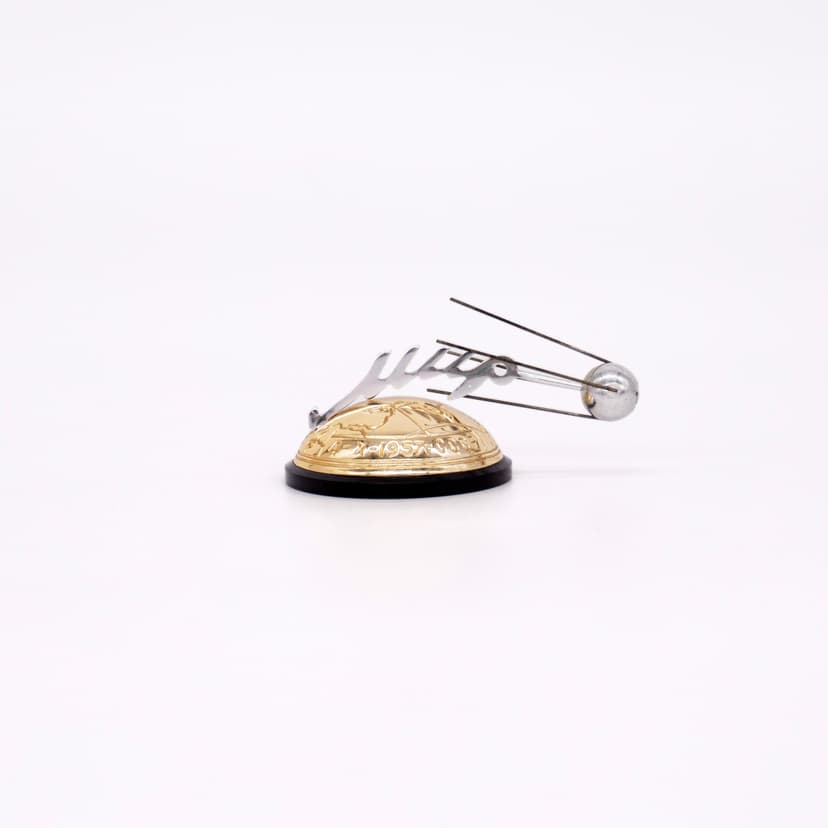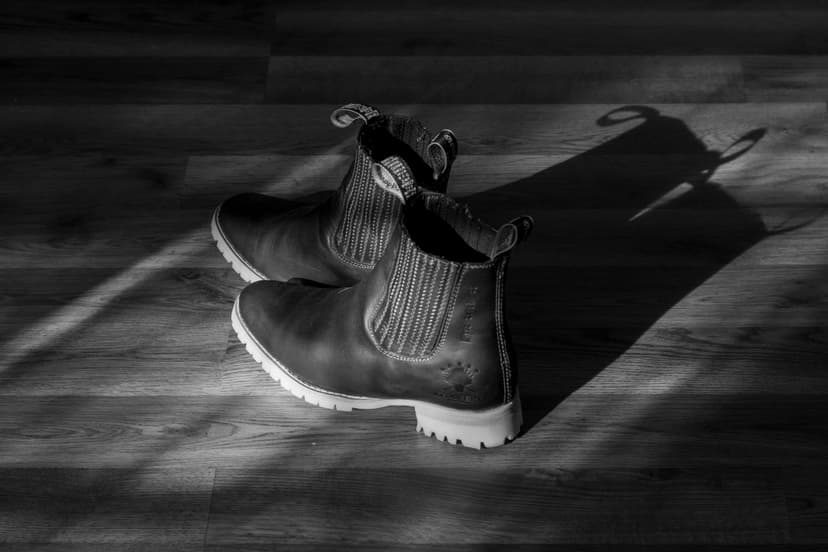When my grandparents embarked on their honeymoon in 1964, they had already been married for two years. "We wouldn't have been able to get a trip before," says my grandmother. An offer through "Jugendtourist" sounded not only interesting but also affordable: a 14-day tour through the socialist sister states with stops in Moscow, Sochi, and Kyiv. "That trip was quite an honor. I applied for it at work," says my grandfather, who was on the FDJ (Free German Youth) board at his workplace at the time. "And we could afford it, too. We both worked, and we were fighting over a refrigerator at the time," adds my grandmother, laughing. The application was approved, and the package was ready: The young couple took the train from Rochlitz via Berlin to Moscow. The Russian capital impressed them with its magnificent subway stations. They rode mile-long escalators underground to visit the ornate stations. In the large, chic department stores, they saw shop windows crammed with goods they had never seen before. On Red Square, the two stand in a long queue to catch a glimpse of the embalmed Lenin in the mausoleum. "We saw Stalin too. That was somewhere behind the mausoleum. You could look at him too," my grandfather reports today. "And do you remember, we met the FDJ secretary in the queue," my grandmother nods, recounting the chance meeting with an acquaintance so far from home. It's not the only encounter on this trip they still remember today. Right across from the mausoleum, in the world-famous GUM department store, they drink sparkling champagne, a special moment. As a souvenir of their trip, they buy a small miniature from an arts and crafts shop in the GUM. A silver Sputnik satellite, with four thin wire legs, flies across a golden hemisphere. Its tail forms three letters: мир (Russian for peace). The real Sputnik had long since burned up in the Earth's atmosphere by the time of their journey. Nothing remained of Sputnik 2, with its animal crew, and the further developed Sputnik 3. At least, nothing material, but numbers, data, and information that revolutionized space and observation technology. In short: pure knowledge. Safely stowed in their luggage, the small satellite accompanies the two on their journey. From Moscow, they continue by plane, their first trip by plane. But not alone, because this journey through the Soviet Union is a guided group tour. "Youth Tourist" is aimed primarily at young citizens of the GDR. On the train ride back to Berlin, my grandparents sit in a compartment with a teacher couple who are also part of the tour group. "They were a bit older. But they were also from Rochlitz like us," my grandmother describes. And my grandfather continues: "And that's the impressive thing about this trip: Mr. Seidel then asked me if I wanted to go to university. And I said: I only have the 8th grade." Studying was always out of the question for my grandfather. As a child, he and his family fled Silesia. They couldn't bring anything with them from their homeland. At the village school, he barely made it to the 8th grade: "A mother, two children, and my father was killed in the war. There was no support." After leaving school, he considered becoming a carpenter. His mother eventually found him an apprenticeship with a master metalworker in the nearest district town. And so, before their big honeymoon in 1964, my grandfather worked in a hydraulics company. The meeting with the teacher couple at the time was a great coincidence. The resulting conversation, however, was life-changing. His suitcases from the trip had long since been unpacked when my grandfather finally, probably thanks to my grandmother's encouragement, plucked up the courage to apply for a preparatory course for university. He faces over a year of training, including math, German, and Russian classes, to catch up on the knowledge he missed in school—all in addition to working at the company, of course. At his first math lesson, he immediately recognizes the instructor: It's Mr. Seidel from the train. "After the preparatory course, I was delegated by the company to study at the engineering school for mechanical engineering in Karl-Marx-Stadt. I have the teachers to thank for that. I wouldn't have found my way there anyway." Today, decades later, the mini-Sputnik sits in a brown wooden cabinet in my grandparents' living room. To the uninformed observer, it's probably a faded symbol of a piece of space history. The knowledge from that time is long outdated. However, looking at the Sputnik will always remind my grandparents of their honeymoon and that fateful meeting that led my grandfather to university. If you ask them today about their values for a good life, travel is right at the top. Because Moscow was just the beginning. Like a small satellite, they still flit through countries near and far. And when they return home and recount their experiences, they are, for me, the epitome of "travel is educational."



